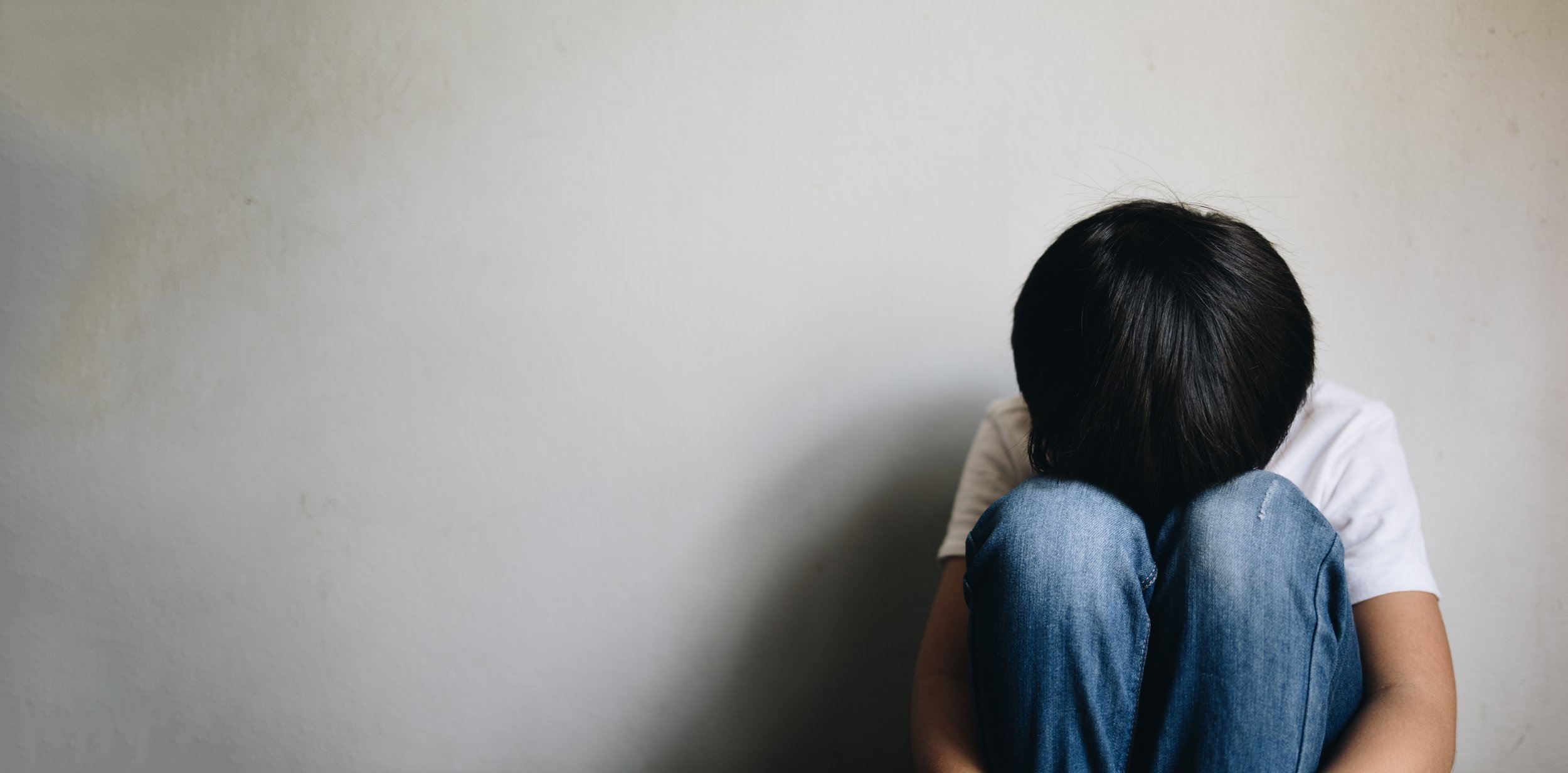
Books by PASG Members
Many PASG members are faculty members of universities in the United States and other countries. They have engaged in extensive clinical work and research regarding parental alienation. As a group, they have published hundreds of scholarly papers, book chapters, and books, some of which are listed here. The inclusion of any book on this website does not confer approval of the book or its author by the PASG Board of Directors.

Parental Alienation and Parental Alienation Syndrome/Disorder – A serious form of psychological child abuse
Wilfrid von Boch-Galhau | English, 2013
Starting with the ‘Case of Effi Briest,’ as a depiction of PAS in the conditions of 19th century society, the author elaborates the pathogenic consequences of parental alienation, drawing extensively on case studies. He describes this particular form of emotional abuse with its effects both on the children concerned and on the alienated parent. This book can raise the awareness of psychiatrists and psychotherapists to the pathogenesis of adults affected by divorce or separation in their childhood, who exhibit problems relating to self-esteem, identity and relationships, and of parents who sometimes suffer from psychosomatic symptoms or suicidal crises after their children have been induced by abusive programming to break off relations with them.
Using letters from persons affected and transcribed interviews, the author illustrates the eight key symptoms of parental alienation syndrome as identified by R. Gardner, highlighting the need for greater attention to these hitherto neglected biographical aspects of a patient’s medical history. Induced alienation syndrome leads to confusion on the part of the child with regard to their self-perception and their perception by others, to an excessive adherence to the lead of the alienating parent, on whom the child is wholly dependent, to identity diffusion and a false self. The targeted parents predominantly suffer from a sense of powerlessness, especially if institutions, such as youth welfare offices, family courts or even ‘expert witnesses’, ignore or seek to play down the manipulations carried out by the alienating parent.
This highly readable book also points to numerous areas that call for research in the fields of psychotraumatology, psychosomatics and adult psychiatry. It serves to immunize (child) psychiatrists and psychotherapists against possible instrumentalisation by alienating parents to obtain improper treatment or reports in custody and access disputes. The text is extensively annotated, thus providing an overview of nearly 30 years of international research into parental alienation.

Parental Alienation and Parental Alienation Syndrome/Disorder – Eine ernst zu nehmende Form von psychischer Kindesmisshandlung – mit Fallbeispielen
Wilfrid von Boch-Galhau | German, 2013
